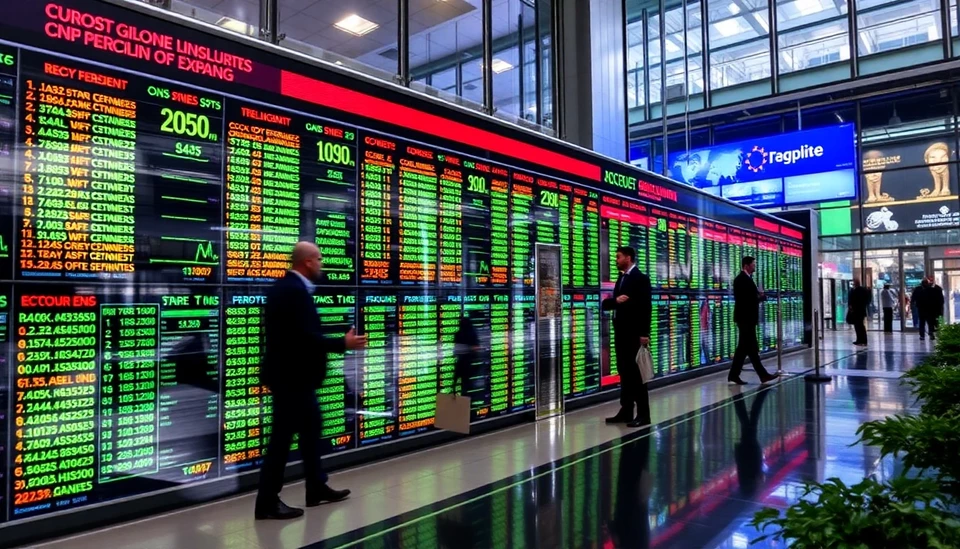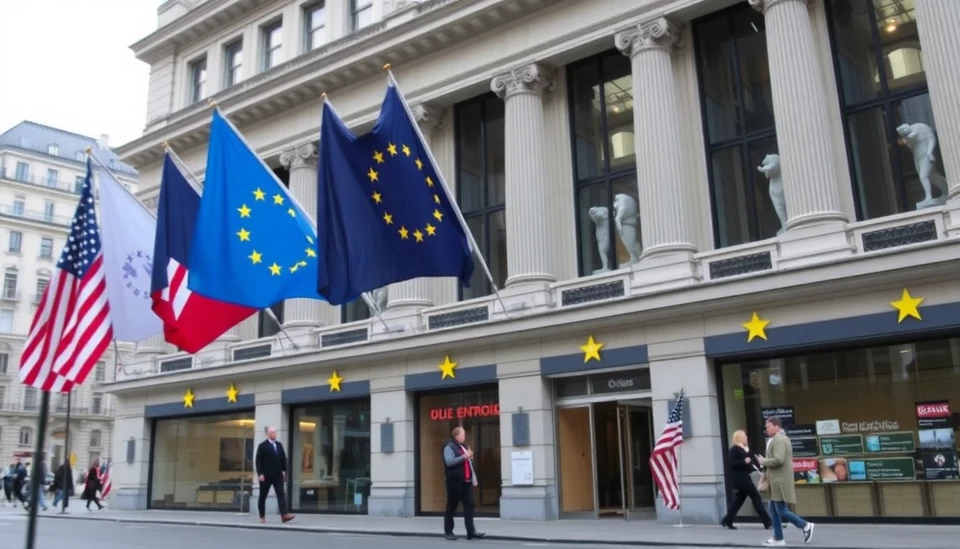
In a week marked by global anticipation, European stock markets exhibited resilience on Friday, with investors shifting their focus from recent earnings reports to the upcoming U.S. presidential election. This move signals a broader trend where geopolitical events are taking precedence over individual corporate performance in the financial psyche of investors.
As European indices navigated this transition, the Stoxx Europe 600 index remained stable, reflecting a measured uncertainty in the face of pivotal economic indicators and political movements. The stability across major European markets such as the DAX in Germany and the CAC 40 in France demonstrates a cautious optimism, despite several earnings updates showing mixed results from various sectors.
Despite a backdrop of lukewarm earnings reports from big-name companies, markets are feeling the pressure of the upcoming U.S. election. Investors have intensified their scrutiny on both candidates' policies and potential impacts on trade, regulation, and economic growth. With the election set to significantly shape the political landscape, many are weighing their decisions carefully, leading to fluctuations in market confidence.
This heightened attention comes at a time when corporate earnings in Europe are unimpressive, with sectors such as technology and consumer products not performing to expectations. Companies reported challenges related to inflationary pressures, supply chain disruptions, and changing consumer behaviors, which has resulted in some adjustments to growth forecasts.
However, the real game-changer appears to be the impending U.S. elections. Investors are particularly keen on how the election outcomes may influence not just American but also global markets. President Joe Biden and his Republican challenger are exchanging barbs on key issues, including economic policies and climate initiatives, which are stirring up investor speculation and influencing stock movements both in Europe and across other markets.
As analysts continue to assess the potential ramifications of the election results, European investors are bracing for volatility. Many are redirecting their portfolios based on expected shifts in U.S. policies, which could dictate future market conditions. The interplay between U.S. election outcomes and European market performance is a focal point for traders, as they align their strategies with caution and foresight.
In conclusion, as the U.S. election draws near, European markets are holding steady, albeit with an undercurrent of tension and anticipation. The existing uncertainty revolving around corporate earnings reports is being overshadowed by the larger economic and political implications tied to the electoral process in the United States. This intersection of local market performance and foreign political dynamics will be pivotal for investors in the coming weeks.
#EuropeanStocks #USElection2024 #MarketStability #Investing #EarningsSeason #GlobalMarketTrends
Author: Rachel Greene




